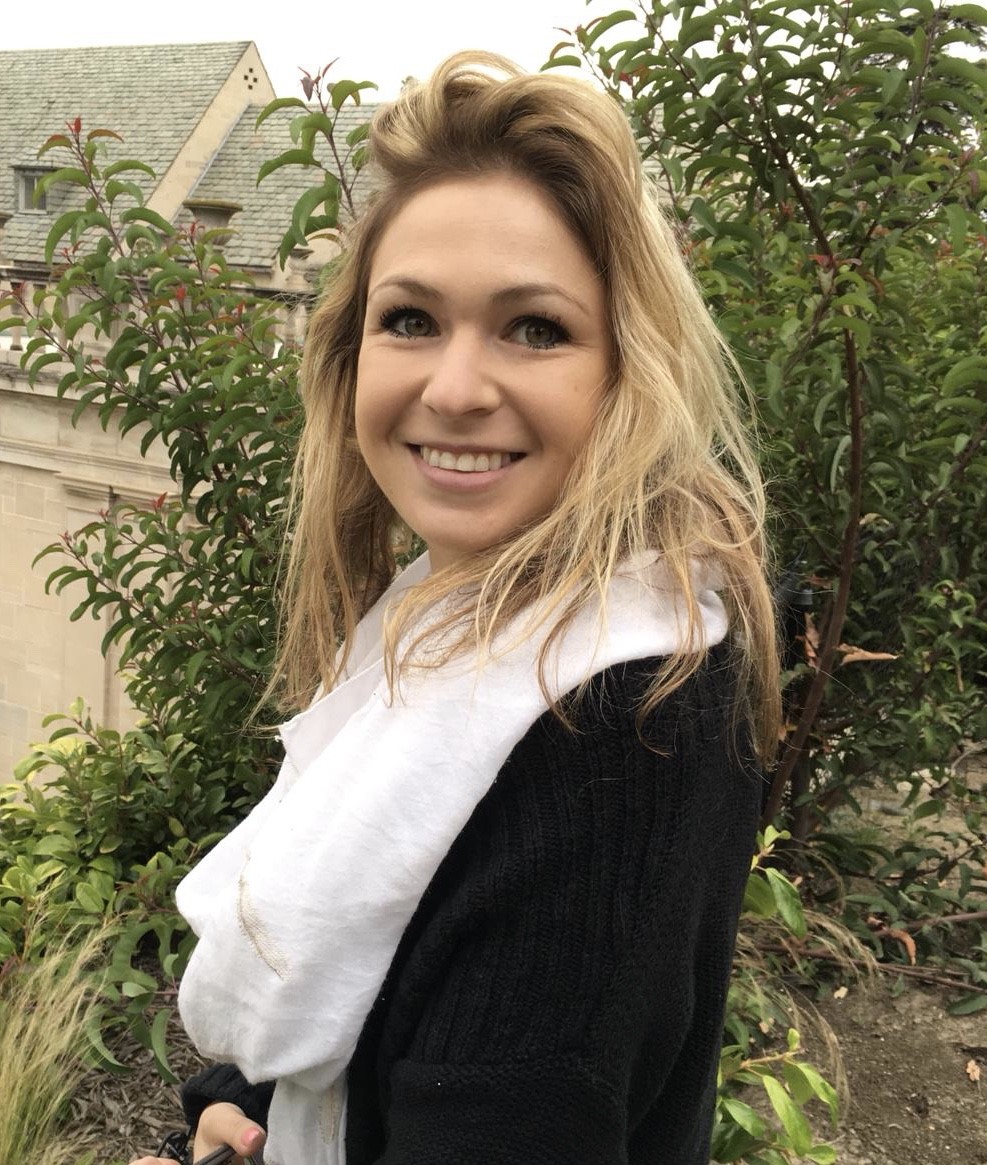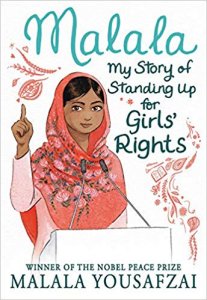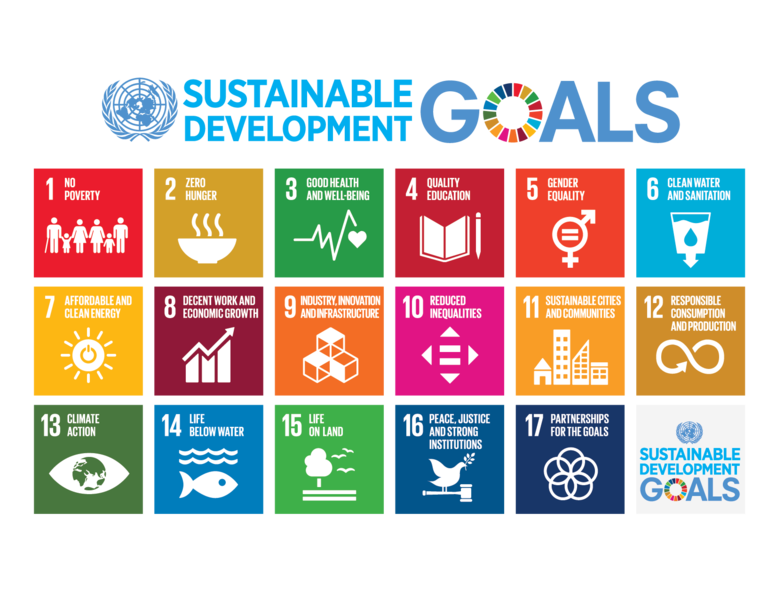 By MIRIAM ACZEL
By MIRIAM ACZEL
It’s that time of year again–suddenly, it seems, summer has turned to fall, and the academic year is in full swing. Whether it’s the start of a new school year for your family or friends, or just as an opportunity to celebrate the new season, autumn is the perfect time to curl up with a good book.
A frequent theme discussed in Leaders in Energy’s blog articles is the United Nations’ 17 Sustainable Development Goals (SDGs). According to former UN Secretary-General Ban Ki-moon, the 2030 Agenda for Sustainable Development presents a “shared vision of humanity and a social contract between the world’s leaders and the people”, and the SDGs “are a to-do list for people and planet, and a blueprint for success”.
So in the spirit of this ‘to-do’ list, I’ve compiled a reading list of a few books based on the key themes of goals 1-7 of the 17 SDGs. The books are for a wide range of audiences, and please do reach out with any favorites that I have left off!
GOAL 1: No Poverty
Matthew Desmond’s new book Evicted: Poverty and Profit in the American City discusses how the increasing economic issues in the United States impact conditions in the poorest and most vulnerable communities. This book provides an in-depth exposé of poverty and economic exploitation, and at the same time highlights important new ideas and opportunities for solving one of this generations’ most pressing and devastating issues.
GOAL 2: Zero Hunger
Joel Berg’s All You Can Eat: How Hungry Is America? sheds light on the reality that many in America face when their income is not sufficient to cover both rising housing costs, increasing cost of living, and the urgency of putting food on the table. The book discusses the daily trade-offs and hard choices many face, as well as providing insight into how the food industry makes the least nutritious food choices the most affordable options for lower-income households.
GOAL 3: Good Health and Well-being
Springer’s academic edited volume, Advancing Health and Wellbeing in the Changing Urban Environment, expands on cutting-edge methods for the analysis of complex urban systems, and provides an overview of current urban health issues from a systems perspective. Most importantly, the book provides an integrated urban development strategy to promote health and well-being in today’s cities.
GOAL 4: Quality Education
Malala Yousafzai and Christina Lamb’s I Am Malala: The Story of the Girl Who Stood Up for Education and Was Shot by the Taliban discusses the fight for education for children all around the world. This poignant memoir exposes how education of young girls and women is paramount to ensure the success of our planet.
I was recently gifted Educated, a bildungsroman highlighting author Tara Westover’s journey studying her way out of a difficult childhood in rural Idaho (and a fundamentalist Mormon family) to a PhD in Cambridge.
GOAL 5: Gender Equality
Goal 5 brings us to two books for younger readers, as recommended by the UN’s own SDG book club:

Malala: My Story of Standing Up for Girls’ Rights (written for younger audiences):
“Malala’s autobiography is immediately accessible to all ages, as it is written in an engaging style. Malala connects the reader to her life and her loving family before the shooting. She captures the wide reach of trauma that the incident caused, as well as her desire to live beyond her attack.
The book is a good choice to address SDG 5, as it illustrates powerfully that the fight remains relevant and necessary for realising basic human rights for women and girls to have equal access to education, and the consequent access to opportunities for economic, social and political development. Malala’s story illustrates why the fight to ensure the eradication of harmful practices targeted at women is crucial to ending gender-based discrimination prevalent in many countries around the world.”
Bright sparks – Amazing discoveries, Inventions and Designs by Women The book is a compilation of the diverse achievements of women in various fields and at different times and places. Most importantly, the reader is shown the impact these accomplished women have had on the world. The book includes a glossary of terms with biography and argues for an end to gender discrimination which prevents women equal access to education.
GOAL 6: Clean Water and Sanitation
For this SDG goal, I highly recommend Duke University Professor James Salzman’s Drinking Water: A History, which discusses the complex journey that our most precious liquid takes to get from the ground to the glass. This eye-opening and provocative book discusses how access to water is one of the most crucial issues facing humanity, and the recently updated edition has a new chapter about the crisis that unfolded in Flint, Michigan
GOAL 7: Affordable and Clean Energy
As a PhD student researching energy science and policy, my bookshelf is overflowing with books related to energy. A few of my favorites are:
The Real Cost of Fracking: How America’s Shale Gas Boom Is Threatening Our Families, Pets, and Food, by Michelle Bamberger and Robert Oswald. This book provides an important look at
Jim Krane’s Energy Kingdoms: Oil and Political Survival in the Persian Gulf, for a compelling look at how the Gulf monarchies Saudi Arabia, Qatar, Kuwait, Oman, Bahrain, and the United Arab Emirates, are facing the impacts of a changing climate. Krane shows how the very policies that first led to their economic development and growth are now posing a pressing threat due to rising temperatures and other effects of global climate change.
Be sure to stay tuned for Part Two, with recommended reading from goals 8-17.
Miriam Aczel is a President’s Scholar PhD Candidate at Imperial College London’s Centre for Environmental Policy. Her research is on international energy science and policy, with a focus on mitigation of environmental and health impacts of shale gas, greenhouse gas removal technologies, and citizen science and public participation mechanisms. She is also co-founder and co-director of the Amir D. Aczel Foundation for Research and Education in Science and Mathematics, a nonprofit supporting educational programs in Cambodia and beyond.
Miriam is Director of Communications and blog editor for Leaders in Energy.



Leave a Reply